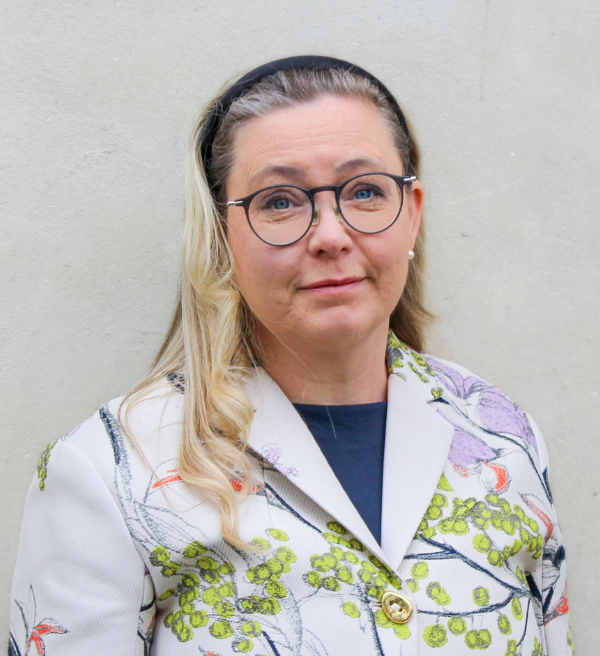Anna has a special interest in what makes urban and rural regions sustainable, liveable and prosperous. She has an academic background in political science and in urban and regional planning, and long experience in regional development, policymaking and governance.
Senior Research Fellow
Anna Lundgren
Spatial Story
Learning how to create sustainable and resilient futures
What makes some places prosperous and attractive while others lag behind? A long time ago, we thought of that as mainly a story of natural resources. Today, we know that it is a far more complex story of institutional capacity, accessibility to global markets, and human and social capital. And that we must engage with this complexity to create sustainable and resilient societies and regions. So, where can we learn from?
To learn from other regions’ spatial stories is one way. In the greater Stockholm region, we started more than 20 years ago to learn from other competitive and attractive metropolitan regions – what is it that makes them thrive and prosper? In a joint program with local and regional leaders from politics, universities, research parks, and business leaders, we learnt from best practices in other parts of the world. But we also learned about our own Stockholm region by creating new networks and mirroring our own region in other regions.
Another way to create sustainable and resilient futures is to learn from research. Regional research is vast and engages with many different disciplines and perspectives. To get a solid base to learn from, it is important to make the link between research, practice, and policy. One way of doing that is through the Nordic Regional Cooperation Programme, where Nordregio engages with Nordic practice and policy-making at national and regional levels of government, including cross-border regions. Through the development of applied research and fostering dialogue about policy implications of research findings, research can make important contributions to creating sustainable and resilient societies and regions.
Publications
Lundgren, A., & Meijer, M. W. (2025). Skills Ecosystems – a Solution to the Skills Problem? Experiences from the Nordics. Nordic Journal of Working Life Studies. https://doi.org/10.18291/njwls.156990
Lundgren, A. and Teräs, J. (2023). Developing the Economic Competence in Åland: Recommendations and key learning points for policy makers. Baltic Sea Policy Briefing (BSR Policy Briefing 5/2023 – Centrum Balticum)
Lundgren, A (2019). Participation in local and regional development perspectives in social capital, planning and governance. Towards a research agenda. In Matsushima K., K. Kobayashi and H. Westlund (Eds.) Social capital and development trends in rural areas, Volume 12, Kyoto: Kyoto University (ISBN:978-4-907830-12-0)
Lundgren, A (2017). The Openness Buzz. A Study of Openness in Planning, Politics and Political Decision-Making in Sweden from an Institutional Perspective, PhD Thesis. Stockholm: KTH Royal Institute of Technology.
Lundgren A (2017). Openness and Transparency in Political Decision-Making: An Empirical Study through an Institutional Lens. Romanian Journal of Regional Science, Vol 11, No 1.
Lundgren A (2016). The Openness Buzz in Metropolitan Regions: Swedish Regional Development Strategies. European Journal of Spatial Development. Research briefing no. 6.
Lundgren A and Westlund H (2016). The Openness Buzz in the Knowledge Economy: Towards Taxonomy. Environment and Planning C: Government and Policy. Vol 35, Issue 6, 2017.
